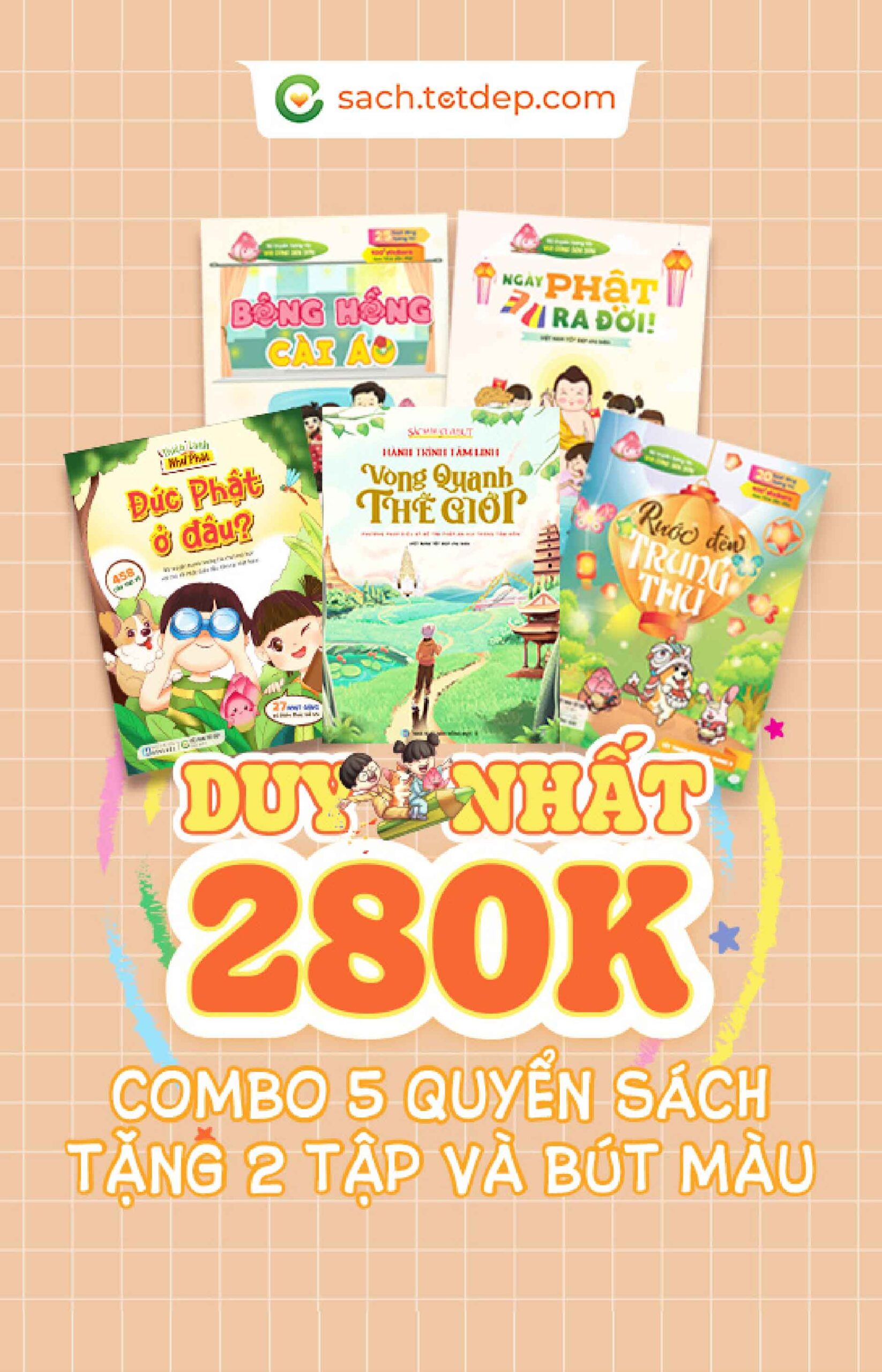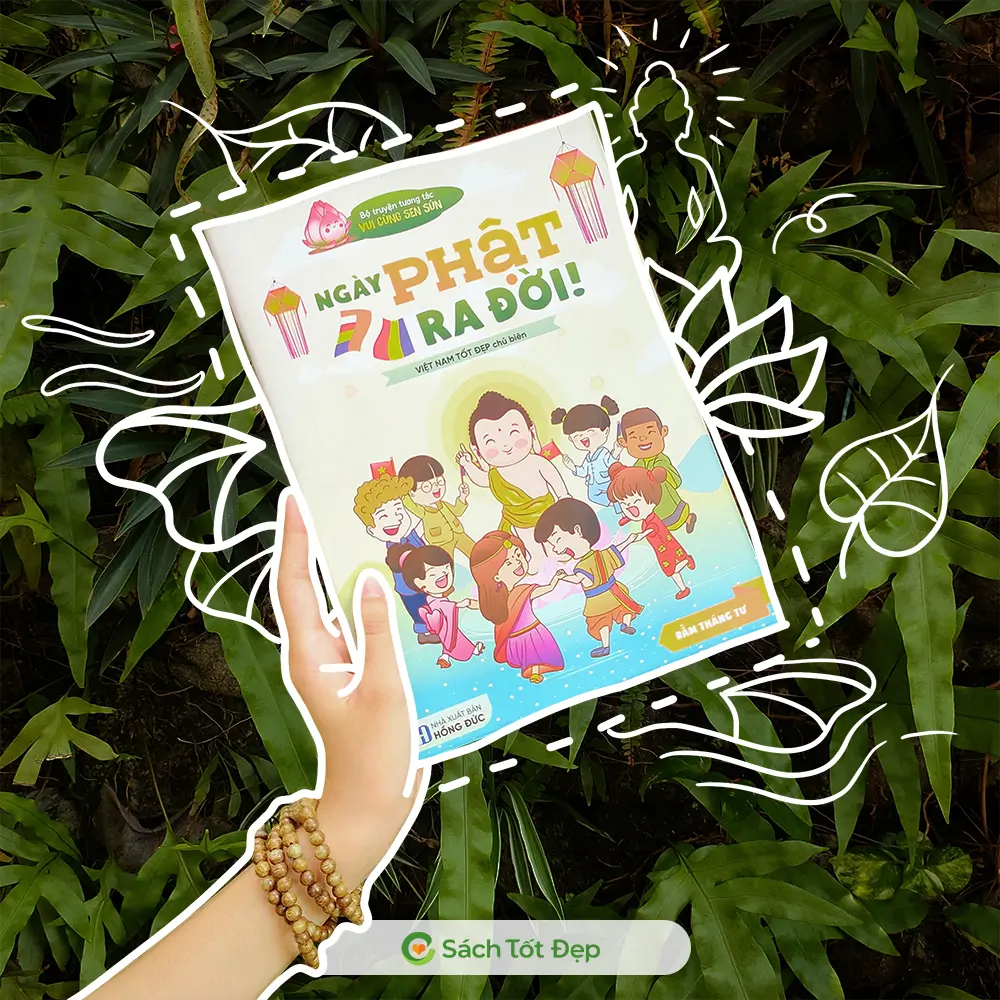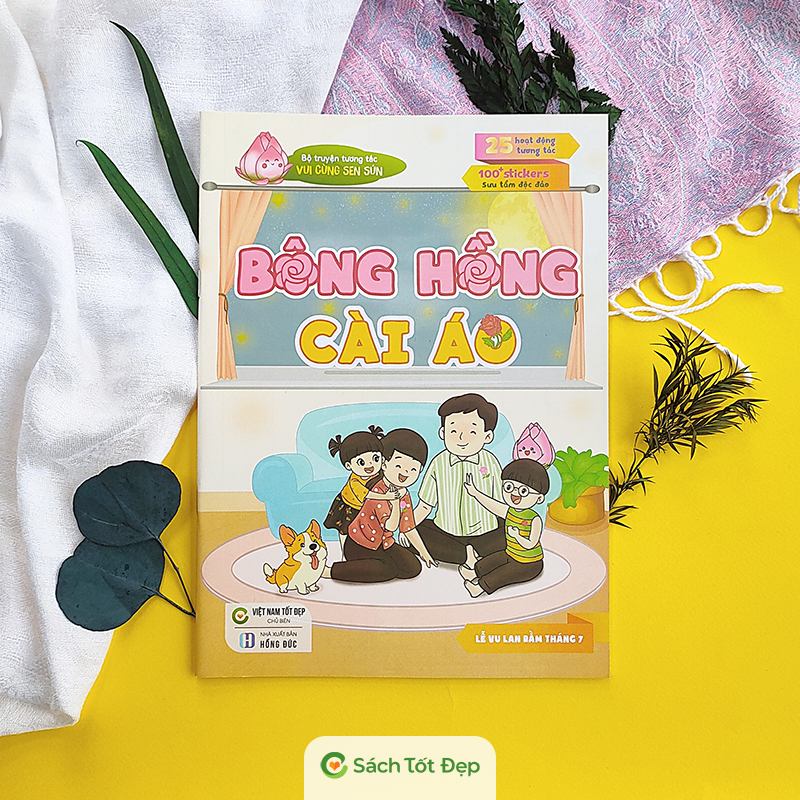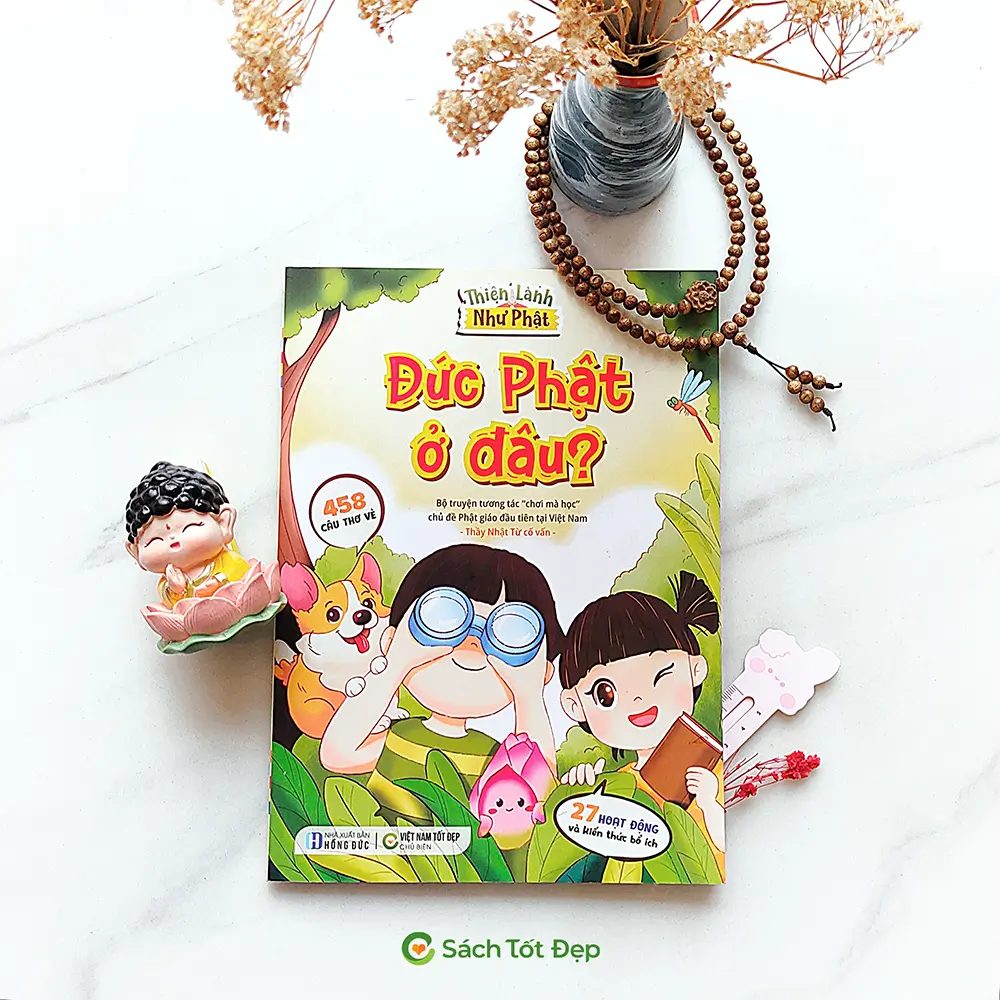Strategies for Increasing Book Visibility
The Success of a Book Lies in Its Readership: Embracing the Value of Old Books
A successful book is one that reaches many readers. I used to hoard my books like treasures, but I have since changed my approach.
The Value of Old Books
I started building my personal library in fifth grade, using 100 dong from a national academic award to buy my first books. Some cost just a few cents, others several dongs.
Occasionally, my father would bring home translated novels from his trips to Saigon, enriching my collection with titles like “The Eccentric Traveler,” “If Tomorrow Comes,” “A Rose for Emily,” “Old Carnations”… My rural library took shape this way, but the most transformative books were a set of worn, termite-infested volumes I secretly salvaged from a neighboring engineer’s book burning.
This act was risky, as bringing the infested books home could have led to termite damage in our house. The man burning the books tried to stop me, but I persuaded him I knew how to eliminate the termites and asked him to keep it a secret from my parents.

Among the salvaged books was a part of “”Almanach”” – a compilation of general knowledge from that era. Despite being incomplete and tattered, I meticulously cleaned and organized them, absorbing their fascinating and diverse contents with eagerness. Despite their poor condition, I treasured these books, even transcribing interesting bits into my notebook, like NASA space stations, Sputnik, Tibetan longevity recipes with garlic and wine, and stories of Hollywood stars and classic films.
This eclectic book opened up a world of culture, entertainment, and science, vastly different from the children’s and literary books I was accustomed to. It influenced my later preference for skill and knowledge books over literary works.
In that same scavenging episode, I also found parts of a book on agriculture, molecular physics, and biomedicine. Written in a satirical tone by Rainbow Publishing (USSR), this book fostered my love for physics and biology, and my interest in high-tech agriculture, though my adult career had no direct link to these fields.

The Cycle of Books
As a specialized school student, I bought fewer books compared to my peers and my reading volume was modest. Fortunately, after university, I worked in publishing, handling manuscripts and editing. Annually, I accumulated hundreds of books from my workplace, not to mention those bought for research and numerous foreign language books to learn international publishing techniques.
I had tricks for finding discounted and cheap books at fairs, sometimes buying them for as little as 1,000 dong each or by weight, like scrap. If I had kept every book I owned, I wouldn’t be a book tycoon, but their cumulative value would certainly reach millionaire status.
Despite having a spacious home, I lacked large bookshelves and kept my collection in low racks for aesthetics and convenience. But, they gathered dust due to our home’s roadside location, so I stored them in large cardboard boxes. There were countless books I never read but kept thinking, “I’ll read them when I have time.”
Then, a storm changed everything. Heavy rain flooded my rooftop and seeped downstairs. Post-cleanup, I discovered 10 boxes of wet, moldy books. The sight of soaked books and clothes pained me, prompting me to consider minimizing my possessions, including books.
A book read by only one person is like a “1 view” on YouTube. An unread book hoarded as a possession is merely a pile of useless paper.
Around this time, I encountered a Japanese house-cleaning theory. It suggested that if you don’t read a book within three months of acquiring it, you probably never will. This led me to plan for my books to “earn views” by circulating them.
For my son’s birthday, I suggested we gift some of his books. Despite his initial reluctance, he agreed, understanding the purpose behind sharing. He informed his friends they could choose books through games and quizzes to avoid conflicts.
Parents were surprised when their children returned from the party with bags full of new books, which would have cost a significant amount if purchased.

That birthday marked a successful decluttering for us. The books the children didn’t pick were given to appropriate recipients. My collection in cardboard boxes decreased. Some books went to friends; others were given to hourly workers to sell as scrap, knowing they’d eventually reach secondhand bookstores.
Spreading Knowledge Through Old Books: A Tale of Social Contribution
I have friends who are dedicated to social work. In winter, they collect warm clothes; in summer, they gather old books for underprivileged children. They appeal for book donations on Facebook, bearing all shipping costs to send them to remote areas like the Central Highlands, Northwest, and far-flung plains far from town and district centers. In the city, numerous books gather dust in children’s homes, having been read and forgotten. Meanwhile, there are children in remote areas who long to read popular titles like “Doraemon” or “Conan,” but their parents can’t afford them due to daily struggles for basic necessities.
Collecting and transporting books to highland or remote areas is a journey of spreading knowledge. Numerous books have the potential to change a person’s worldview and, by extension, influence an entire generation. What could be more exciting than giving old books a new life? These books complete their life cycle by imparting knowledge, thoughts, and spiritual values contained within them.
(Source: Zingnews)
Sản phẩm bạn có thể quan tâm

Wisdom Combo: 5 books + 3 special gifts
Coloring book
280.000đ

Let’s play with Sen Sun: Buddha’s birthday
Coloring book
28.000đ

Let’s play with Sen Sun: Ullambana Festival
Coloring book
28.000đ

Buddha’s Little Explorers: Where is Buddha?
Interactive book
59.000đ





